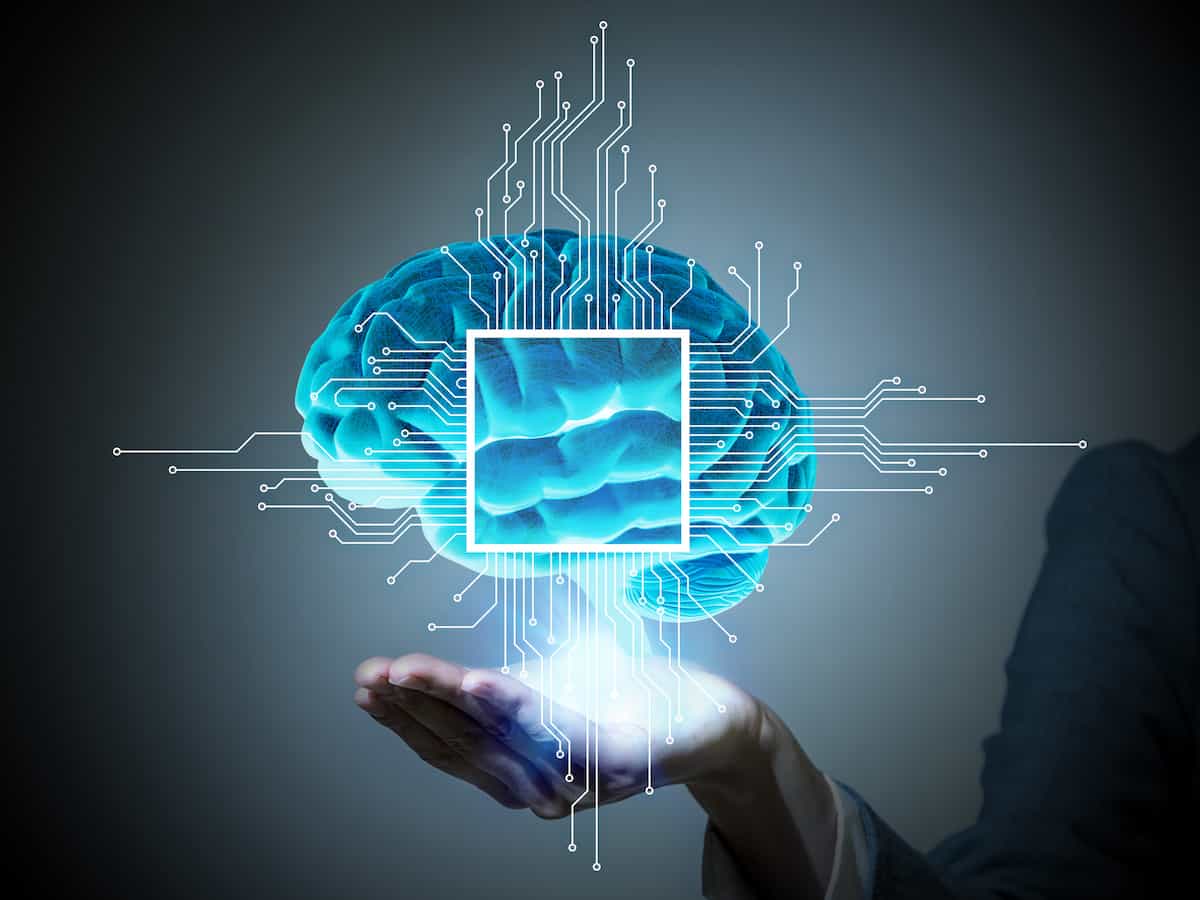Meet AI: Your Next CEO Might Not Be Human
Artificial Intelligence could become your next CEO. And if you follow the logic of what that really means, you might very well end up in the dystopian rabbit hole where I am today.
As the Founder of The Good Search, I have recruited senior executives in technology since the dawn of the Internet and luminaries in AI for the past decade. I am as prepared as one can be for the changes that are upon us. But human workers reporting to an AI entity as their CEO? I don’t know that I’ll ever be ready.
The First AI CEO is a She: Her Name is IndigoVX.
Having an AI entity perform the duties of a CEO isn’t simply hypothetical. It is real. The health tech startup Hunna Technology has named IndigoVX as its CEO. The company explains she “facilitates an efficient collaboration” between artificial intelligence and human expertise using a mathematical algorithm”. It continues,
“Ultimately it’s the algorithm calling the shots, even though the algorithm has a human component. Calling IndigoVX a CEO isn’t just giving the system a title, it’s about partially automating the role of a Chief Executive Officer, to guide the overall operations of the company.”
— Hunna Technology

AI to Replace Hundreds of Millions of Workers
We shouldn’t be surprised by AI laying claim to the C-Suite. Not a day goes by without scores of headlines devoted to artificial intelligence. The reporting about AI’s impact on the workplace is fraught with concern. Earlier this year, Goldman Sachs released a report proclaiming that AI could replace 300 million full-time jobs worldwide. One in five workers could be affected. Nationally, when the outplacement firm Challenger, Gray & Christmas asked ChatGPT, the AI-driven chatbot predicted it could eliminate at least 4.8M American jobs. That’s coming from the chatbot itself. And that’s not all.
Your CEO Could Be Replaced By AI
For the first time since ChatGPT’s arrival, top executives are at risk. Chief executive jobs are in the top 12% of positions that could be significantly changed or eliminated by ChatGPT technology. That estimate can be found in the study, “Occupational Heterogeneity in Exposure to Generative AI“, conducted by researchers at Princeton University, the University of Pennsylvania, and New York University using U.S. Department of Labor data on more than 800 occupations. The research posits that, increasingly, white-collar workers are at risk. The study states that “highly-educated, highly-paid, white-collar occupations may be most exposed to generative AI.” That raises the question, “If CEOs are at risk, then who or what exactly will be running corporations?”
That raises the question, “If CEOs are at risk, then who or what exactly will be running corporations?”
— Krista Bradford, CEO of The Good Search, LLC
The Law Does Not Mandate Human CEOs
At present, the law governing incorporation doesn’t require companies to have anyone in C-suite positions. Rather, corporate governance attorney at the Holland & Knight law firm Charles Elson explains the law requires that “the affairs of the corporation shall be under the direction of the board of directors. There’s no law that you have to have a CEO or other officers.”
In other words, if Mr. Elson is right, executives made of binary code instead of DNA are perfectly legal. So the law is not standing in the way. Additionally, making your next executive out of AI cloth could address leadership shortages. Programmers could give AI the knowledge, skills, and abilities a company is seeking in its next CEO. Yet an important question remains: will a CEO consisting of zeros and ones behave?
AI, Our Next CEO, Must Not Do Weird Things
In a humorous blog called AI Weirdness, AI researcher Janelle Shane documents the weird things AI does in the lab. It turns out the bizarre errors aren’t so funny when AI is set loose in the wild. When AI does stupid things in self-driving cars, people die. When AI does stupid things with resumes, it discriminates. In a Ted Talk, Dr. Shane explains, “The danger of artificial intelligence isn’t that it’s going to rebel against us, but that it’s going to do exactly what we ask it to do.”
Are We Smart Enough To Create AI, Our Next CEO?
When it comes time to meet AI, our next CEO, we humans must be smart enough to get it to do what we want it to do. We also must make sure that the AI rendition of a CEO doesn’t do stupid, harmful things like kill people. There remains a gap between the profoundly brilliant things artificial intelligence can accomplish and the incredibly stupid things it does when it veers off course. There remains a gap between the intelligence contained in a machine and the rest of humanity. And that’s the challenge.
The one thing AI could never be is human. Since a CEO consisting of AI isn’t physically alive, it would outlive us as long as it is powered up. In that sense, it would be immortal. An AI CEO entity, unlike the rest of us, would never need to retire and never die.
It does give one pause. It may even keep some of us up at night.
(I welcome your comments.)


